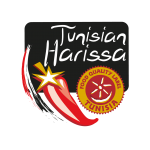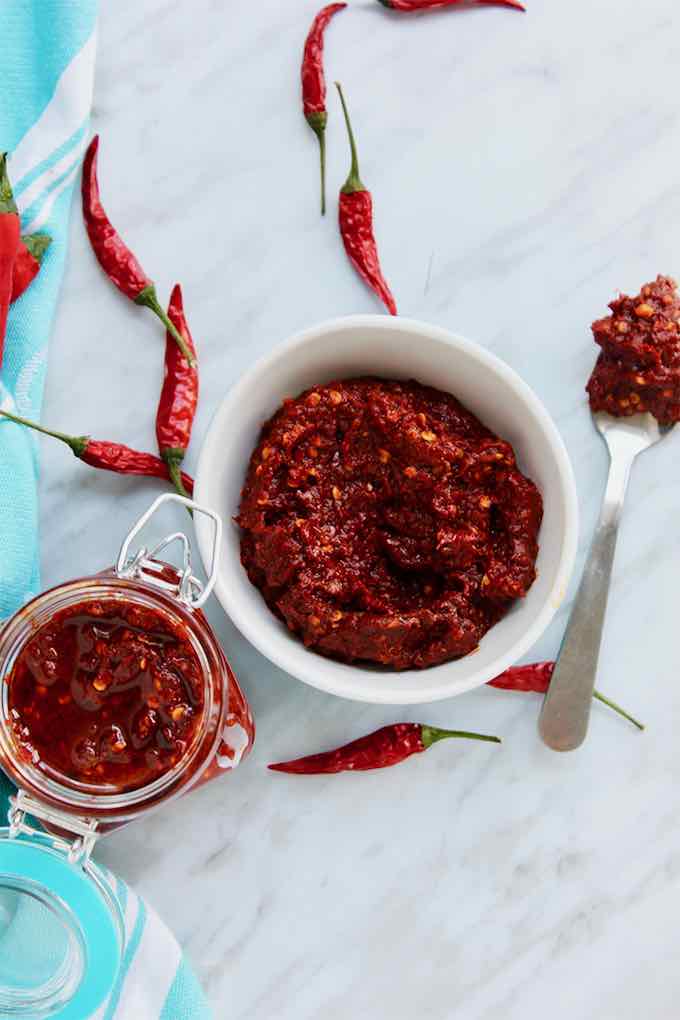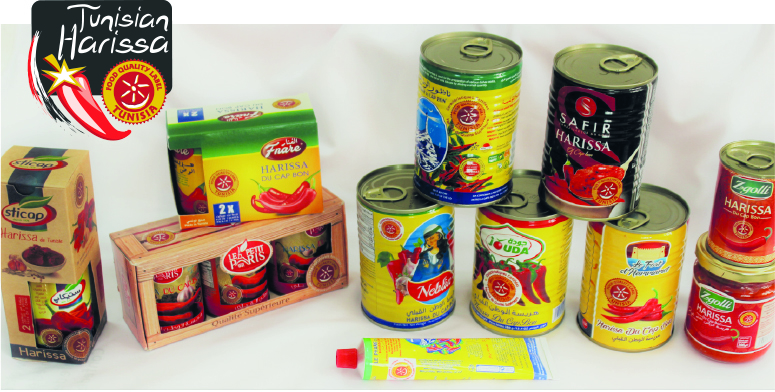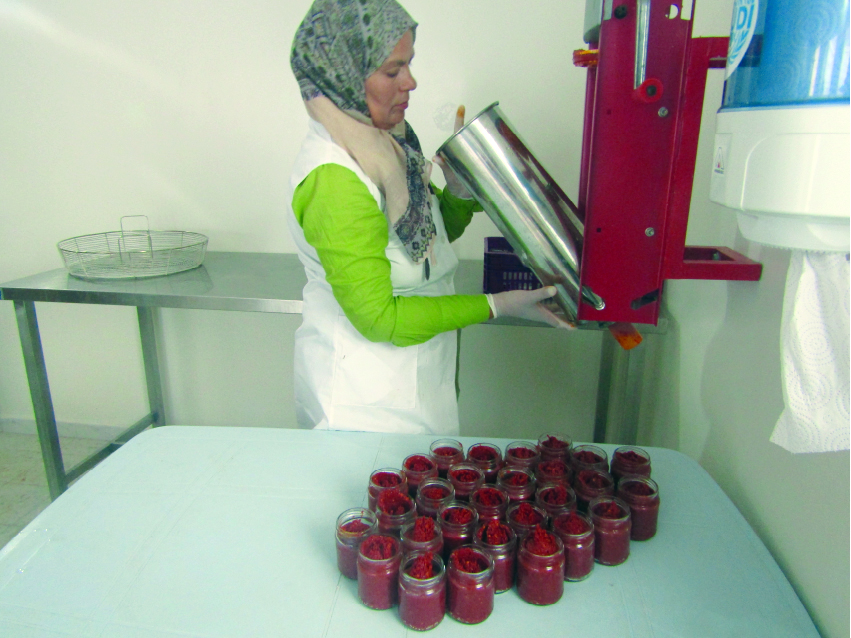Harissa with Food Quality Label Tunisia

The Food Quality Label is a distinctive sign owned by the Ministry of Industry to promote products with a specific higher quality such as harissa. When the PAMPAT 1 project started, no product in Tunisia was certified. UNIDO has supported the Ministry of Industry as well as the Tunisian Canned Food Industries Group (GICA) to set up the management and control system for harissa with Food Quality Label Tunisia.


The various promotional activities carried out internationally have enabled labeled harissa companies to increase the number of export markets by five. The approach has also had an impact on farmers, who have seen prices for their high-quality peppers rise by up to 25%.
PAMPAT 1 has also developed targeted activities to add value to ancestral harissa production practices by supporting three groups of rural women that produce harissa in a traditional way.
The cooperative (SMSA) Tahadi, which groups 164 women in the governorate of Kairouan, is now considered a success story. This cooperative went into production in 2015 with UNIDO’s support and started producing harissa “ERRIM”.
Avec l’appui de l’ONUDI, la SMSA est entrée en production en 2015 avec la harissa «ERRIM».
Tahadi markets its products in Tunisia and has exported to Switzerland and France. Since 2018, the cooperative is producing certified organic harissa to meet market demand.

Project for Market Access of Typical Agrofood Products (PAMPAT Tunisia) funded by the State Secretariat for Economic Affairs of the Swiss Confederation (SECO) and implemented by the United Nations Industrial Development Organization (UNIDO) in close cooperation with the Ministry of Economy, Finances and Investment Support, the Ministry of Industry, Energy and Mining and the Ministry of Agriculture, Hydraulic Ressources and Fisheries.


